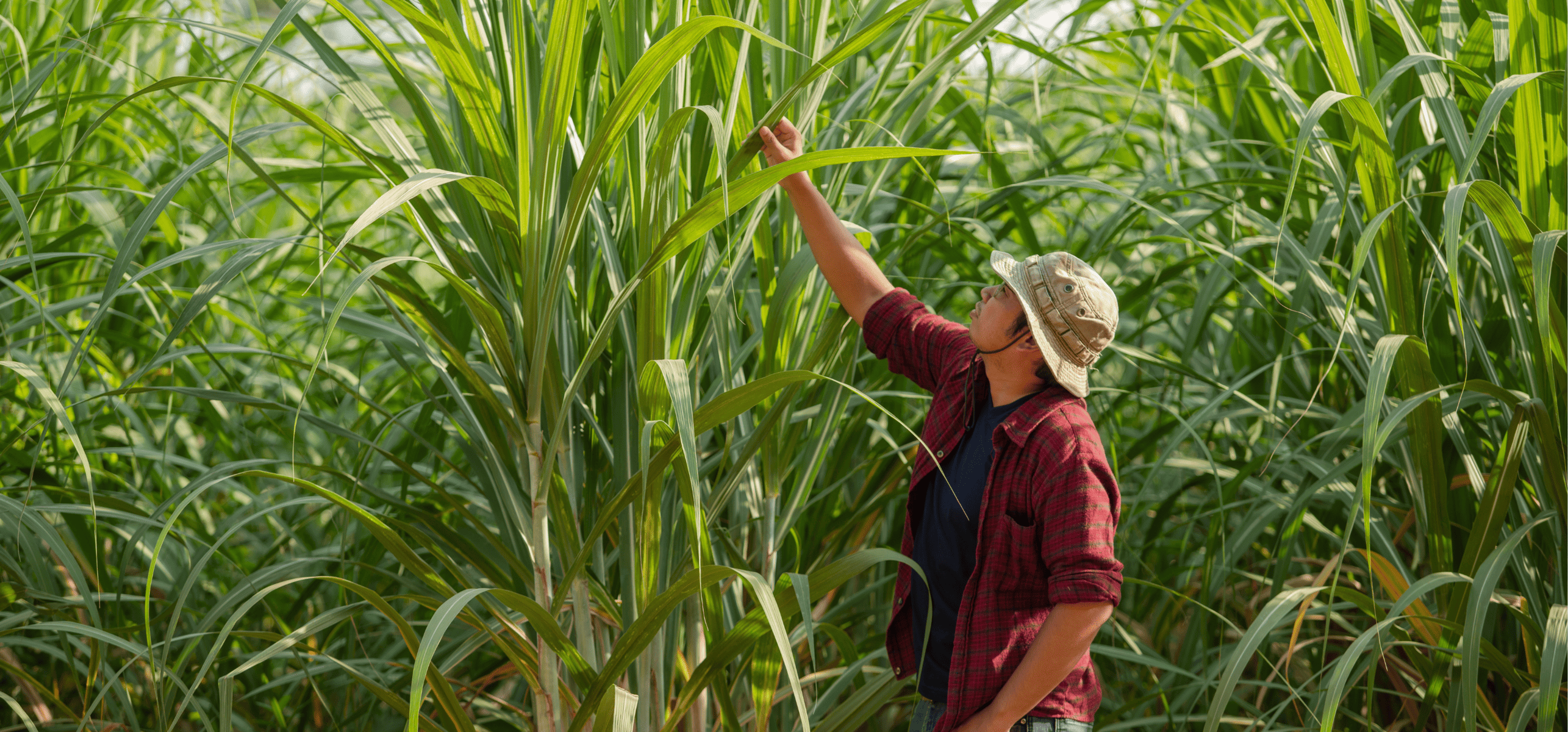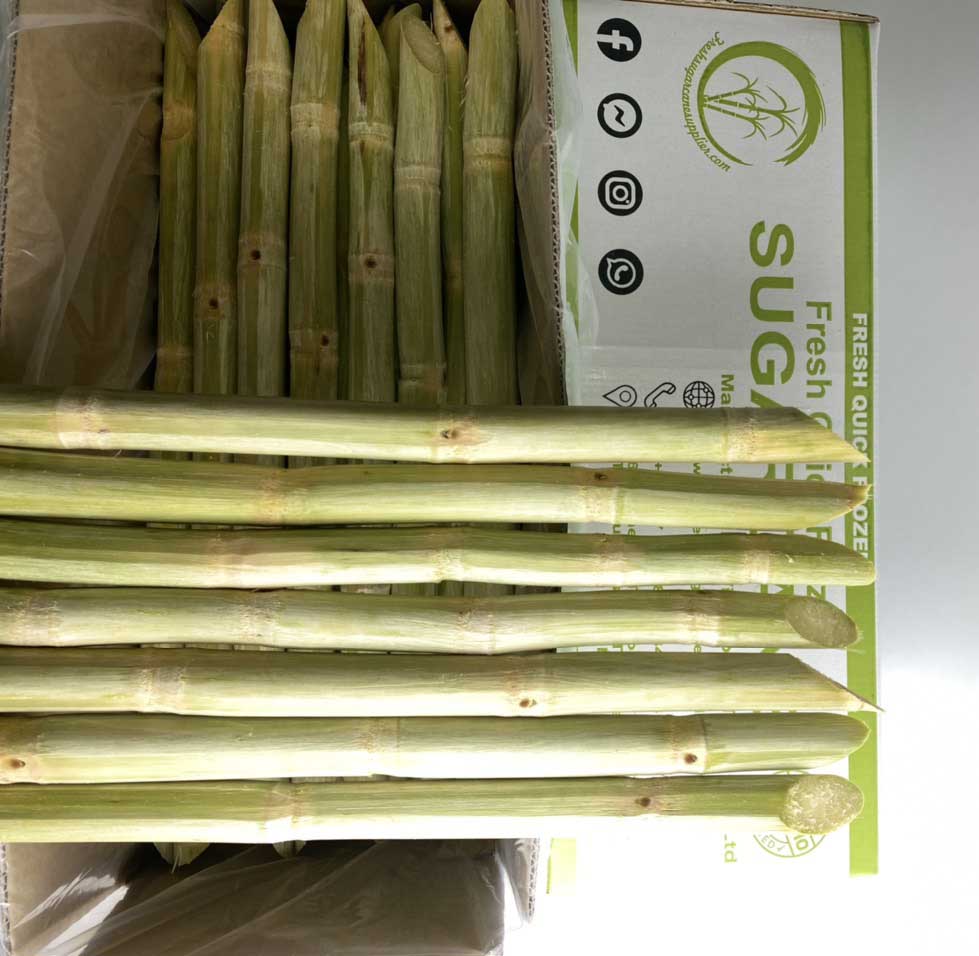Lasting Sugarcane Products: From Sweeteners to Eco-Friendly Goods
The capacity of sustainable sugarcane items prolongs past standard sweeteners to encompass a variety of environmentally friendly items, providing an engaging situation for their integration into contemporary customer methods. As the globe grapples with pushing environmental problems, sugarcane arises as a flexible source capable of resolving both dietary requirements and sustainability goals.
Introduction of Sugarcane Sustainability
As the demand for eco-friendly products grows, recognizing sugarcane sustainability becomes significantly important. Sugarcane, a flexible plant, is cultivated mainly in subtropical and tropical regions, and its sustainability is critical for both environmental health and wellness and financial viability. Sustainable sugarcane farming methods concentrate on reducing environmental influence while optimizing productivity and success.
Secret facets of sugarcane sustainability consist of efficient land use, decreased chemical input, and enhanced water monitoring. Practices such as plant turning, incorporated pest administration, and organic fertilizing add to dirt wellness and biodiversity. In addition, cutting-edge technologies, such as precision agriculture, help enhance resource use and minimize waste.
Additionally, sugarcane is a renewable energy, with byproducts that can be made use of in numerous sectors, from biofuels to eco-friendly plastics, therefore lowering dependence on nonrenewable fuel sources and diminishing carbon impacts. Certifications like the Bonsucro standard encourage lasting techniques throughout the supply chain, advertising transparency and responsibility.

Sugarcane-Based Sugar
Utilizing sugarcane as a key resource, sugarcane-based sweeteners have actually gained importance as natural alternatives to polished sugars and sweetening agents (sugarcane product). These sugar, originated from the extraction and handling of sugarcane juice, provide a variety of items that accommodate varied consumer choices, including natural and minimally processed options
Amongst the most remarkable sugarcane-based sweeteners are raw walking cane sugar, panela, and molasses. Raw walking stick sugar retains even more of the natural tastes and nutrients found in sugarcane, making it a preferred choice for health-conscious customers. Panela, a traditional Latin American sugar, is produced by vaporizing sugarcane juice, preserving its all-natural minerals and vitamins. Molasses, a result of sugar extraction, is abundant in antioxidants and crucial nutrients, working as a nourishing sweetening agent in different cooking applications.
The expanding need for sugarcane-based sweeteners is driven by enhancing recognition of health and sustainability problems connected with conventional sweeteners. By selecting sugarcane-derived items, customers not only support sustainable farming techniques but likewise add to a much healthier way of living, aligning their dietary options with their ecological worths.
Eco-friendly Packaging Solutions
Becoming a practical option to standard plastics, biodegradable packaging services originated from sugarcane are changing the product packaging sector. These cutting-edge products provide an environmentally friendly option that attends to the expanding problems over plastic air pollution. Making use of the all-natural sugars discovered in sugarcane, manufacturers are developing numerous kinds of biodegradable product packaging, consisting of movies, containers, and covers that decompose a lot more quickly than standard plastics.
The main benefits of sugarcane-based packaging lie in its eco-friendly sourcing and its capacity to learn this here now damage down into non-toxic byproducts. Unlike fossil fuel-derived plastics, which can linger in the setting for centuries, sugarcane packaging usually breaks down within a few months under correct problems. This reduction in waste not only minimizes land fill overflow however also lowers the carbon impact related to packaging products.
Furthermore, sugarcane-derived packaging keeps robust performance features, using comparable resilience and functionality to standard choices. As businesses and customers significantly prioritize sustainability, the fostering of naturally degradable product packaging options represents a substantial step in the direction of a circular economic situation, where materials are recycled and regenerated instead than discarded. This change not only improves brand picture yet likewise adds to a much more lasting future for the planet.
Eco-Friendly Textiles and Fabrics
Eco-friendly fabrics and browse this site fabrics are getting traction in the fashion and home items industries as consumers significantly demand lasting choices to conventional products. Amongst the noteworthy choices are fabrics obtained from sugarcane, which use an environmentally accountable choice to synthetic fibers. These textiles are produced via a procedure that makes use of the renewable energies located in sugarcane, significantly minimizing dependence on petroleum-based products.

As the market for sustainable fabrics broadens, consumers can look forward to cutting-edge layouts that integrate style with ecological duty. Eventually, environment-friendly textiles and fabrics stand for a considerable step towards minimizing the fashion sector's environmental footprint while providing to the expanding demand for responsible customer choices.
Innovations in Lasting Farming
Transforming agricultural techniques, developments in lasting farming are changing the way plants are grown and taken care of. These developments concentrate on reducing environmental impact while taking full advantage of efficiency and efficiency. Techniques such as accuracy agriculture use information analytics and satellite imagery to maximize resource usage, guaranteeing that water, plant foods, and pesticides are used just where required. This targeted strategy not only lowers waste but additionally enhances crop returns.

Moreover, agroecology, which integrates ecological principles into farming, advertises biodiversity and dirt wellness. Practices such as plant turning, cover cropping, and intercropping foster resilient communities that can stand up to bugs and environment variants - sugarcane product. Furthermore, using natural plant foods and biopesticides adds to much healthier dirts and ecological communities

With each other, these advancements are not only reshaping the farming landscape however likewise contributing to an extra lasting future for sugarcane and other crops, straightening farming methods with environmental stewardship.
Verdict
Sustainable sugarcane items represent a considerable innovation in environment-friendly choices, covering from all-natural sweeteners to naturally degradable items. As consumer preferences significantly lean towards sustainable choices, the versatility of sugarcane as a sustainable source comes to be progressively appropriate.
The possibility of sustainable sugarcane products prolongs past traditional sweeteners to include an array of eco-friendly goods, providing an engaging instance for their integration into contemporary customer methods. Lasting sugarcane farming techniques focus on reducing environmental effect while maximizing efficiency and earnings.
Lasting sugarcane items stand for a substantial innovation in eco-friendly alternatives, spanning from natural sweeteners to biodegradable products. The cultivation of sugarcane through sustainable practices not only enhances environmental health but additionally adds to financial stability. As customer choices progressively lean towards sustainable options, the versatility of sugarcane as a renewable source comes to be significantly pertinent.